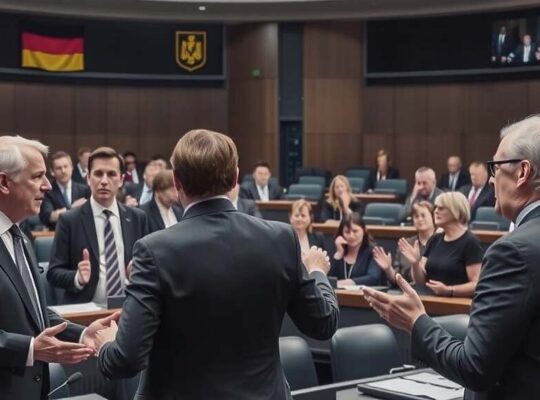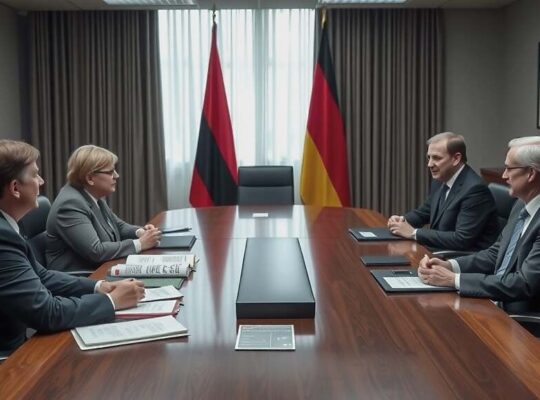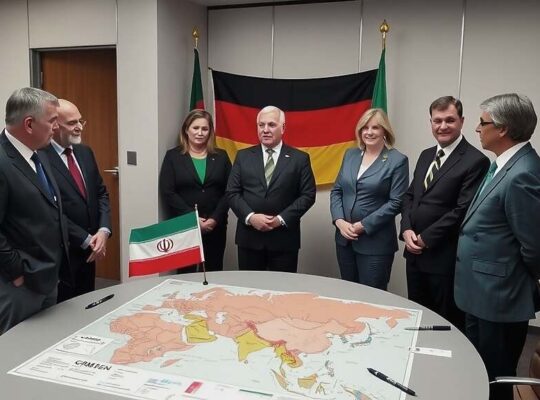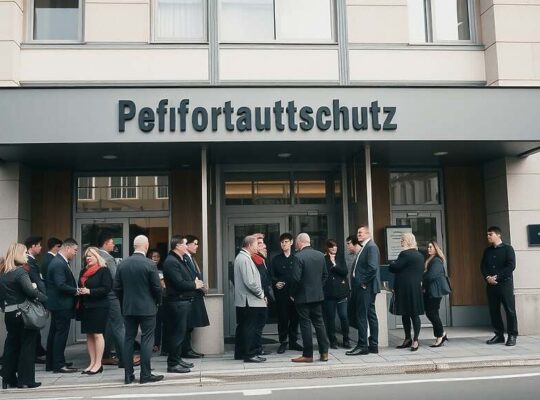A tense transatlantic dialogue unfolded Wednesday evening as German Chancellor Friedrich Merz (CDU) engaged in a telephone conversation with Polish Prime Minister Donald Tusk, centered around escalating security concerns and deepening bilateral cooperation. According to government spokesman Stefan Kornelius, the conversation primarily addressed the recent sabotage of Polish railway infrastructure, a brazen attack targeting a key logistical route for Ukrainian defense efforts.
Chancellor Merz unequivocally condemned the act of sabotage, reaffirming Germany’s solidarity with Poland amidst suspicions pointing towards Russian intelligence involvement. While Polish authorities have publicly attributed the attacks to Moscow, the phone call underscores a growing unease within the German government regarding the potential for intensified Russian hybrid warfare tactics targeting both nations.
Beyond the immediate aftermath of the sabotage, the discussion also focused on the continued and coordinated support for Ukraine’s defense against Russian aggression – a cornerstone of the increasingly aligned security policies of both countries. The commitment to maintaining this robust assistance signals a shared recognition of the broader geopolitical implications of the ongoing conflict.
Notably, the leaders also addressed the groundwork for the upcoming German-Polish intergovernmental consultations scheduled for December 2025. This long-term planning signifies a desire to institutionalize the enhanced cooperation, potentially encompassing joint infrastructure projects and heightened intelligence sharing. However, critics argue the lengthy timeframe indicates a cautious approach, potentially delaying urgent measures needed to bolster Poland’s defenses and address the immediate threat of Russian interference. The incident and subsequent response highlight the fragility of European security and the imperative for a more proactive and unified approach to counter Russian destabilization efforts.












